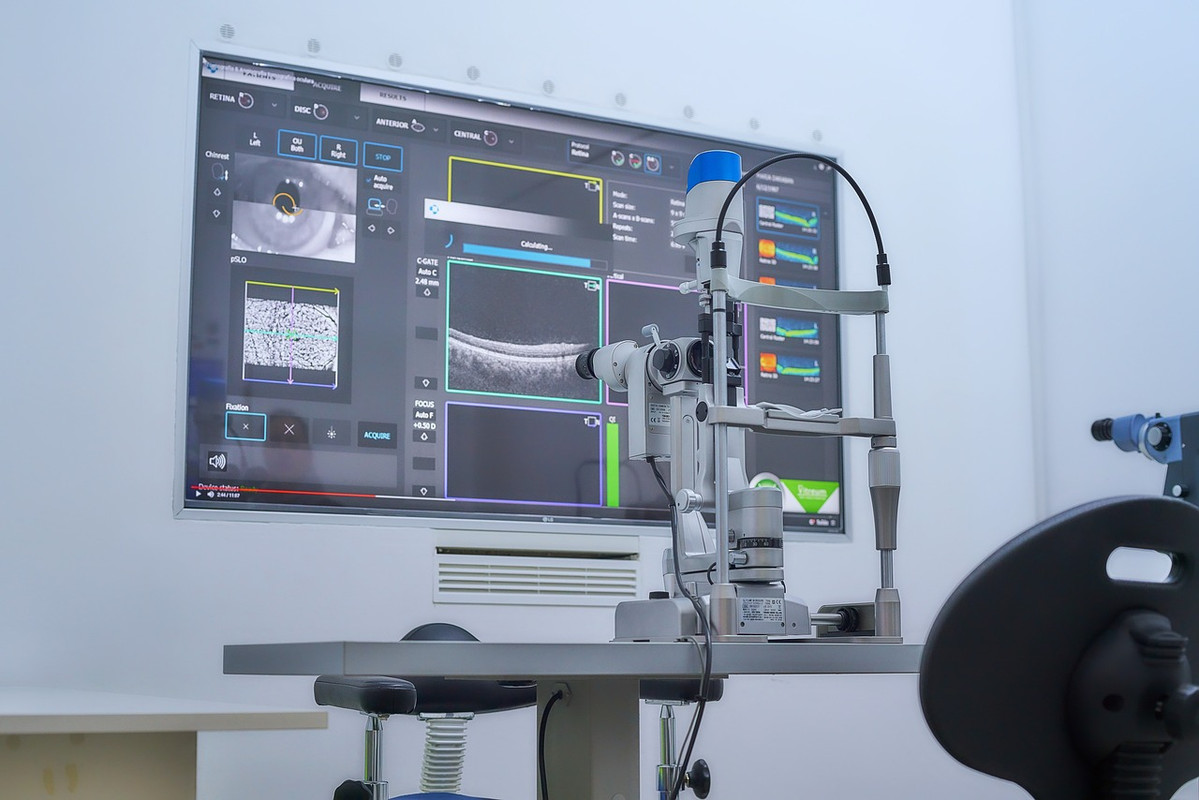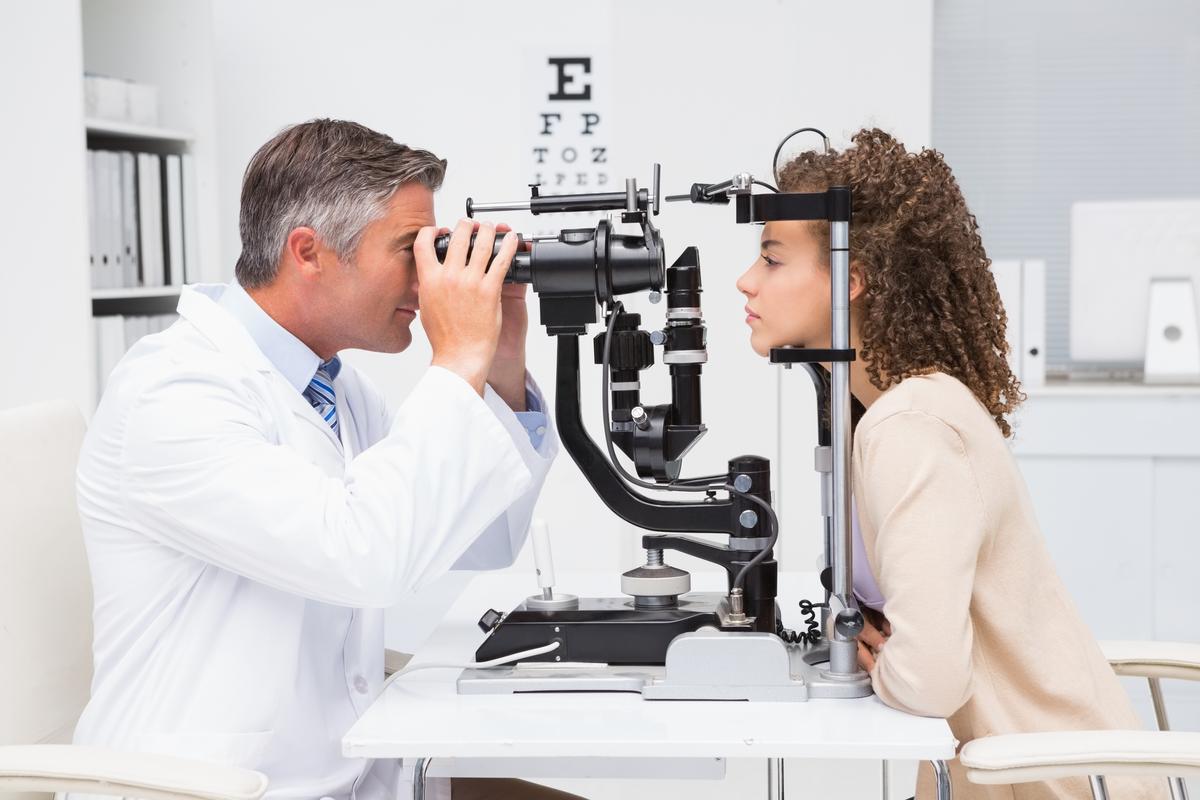Your eyes are the windows to your world, and taking care of them is imperative. An essential part of this care routine is the regular eye examination by a skilled optometrist. As you prepare for your visit, you may wonder about the process involved. This comprehensive guide is designed to walk you through the eye examination process, providing an in-depth understanding of what to expect and how to prepare.
Preparing for the Eye Examination
Before you step foot in the optometrist's office, there are a few things to consider. Gather your previous glasses or contact lenses, your medical history, and any current medication information. It's also crucial to note any vision changes or issues you may have noticed.

Welcome and Patient History
Your eye examination will begin with a warm welcome and a thorough review of your medical and vision history. This step is crucial as it helps the optometrist understand any potential eye health risks you may have based on your health history and lifestyle.
Visual Acuity Testing
This test is what most people associate with an eye exam - the classic reading of letters from a chart positioned 20 feet away. Your visual acuity will be measured, and your ability to see detail at near and far distances will be assessed.
Refraction Assessment
Refraction assessment is a test to determine your precise eyeglass prescription. The optometrist will use a phoropter, a device that switches between different lenses, to find the best lens that corrects your vision.
Ocular Health Examination
An ocular health examination involves a detailed inspection of your eye's anatomy to check for any diseases or abnormalities. The optometrist will examine your eye's external and internal structures using specialized equipment, ensuring your eyes are in good health.
Binocular Vision and Eye Coordination
This evaluation checks how well your eyes work together. The optometrist will assess your binocular vision (how your eyes team together) and your eye coordination to ensure that both eyes are aligned correctly and work harmoniously.
Pupil Function and Eye Response
The optometrist will test your pupil's reaction to light and your eye's natural response to accommodation (focusing ability). This check ensures that your eye's natural reflexes are functioning correctly.
Additional Testing and Specialized Examinations
Depending on your specific needs, the optometrist may recommend additional tests or specialized examinations, such as a visual field test (to detect blind spots in your vision) or an OCT scan (to view the layers of your retina and optic nerve).
Discussion and Diagnosis
After all testing is complete, the optometrist will discuss the results with you, explaining any detected eye conditions, what they mean, and how they could impact your vision.
Treatment Options and Recommendations
Based on the diagnosis, the optometrist will outline various treatment options available. These could range from prescription glasses or contact lenses to medical treatments or surgical procedures.
Follow-Up and Future Appointments
Finally, the optometrist will guide you on when you should come back for a follow-up visit or routine eye examination in the future. Keeping up with regular eye exams is crucial for maintaining good eye health.
Conclusion
An eye examination by an optometrist is a thorough process aimed at assessing your vision and detecting potential eye conditions early. Understanding what to expect can help ease any concerns and ensure you’re prepared for your visit. Regular eye check-ups are vital for maintaining optimal eye health and preventing vision problems. Prioritize your eye care by scheduling routine exams with a trusted optometrist to enjoy clear, healthy vision for years to come.










0 Comments